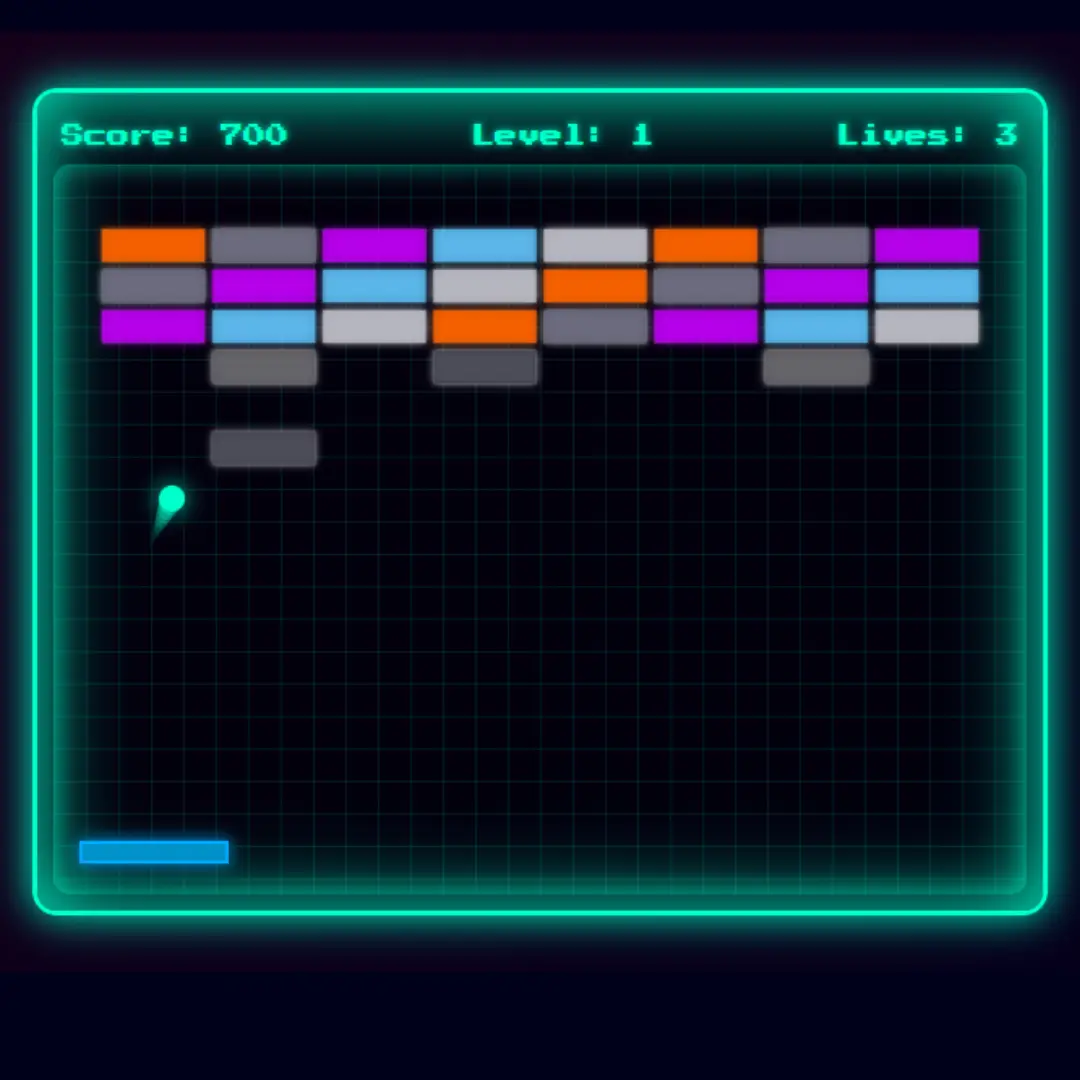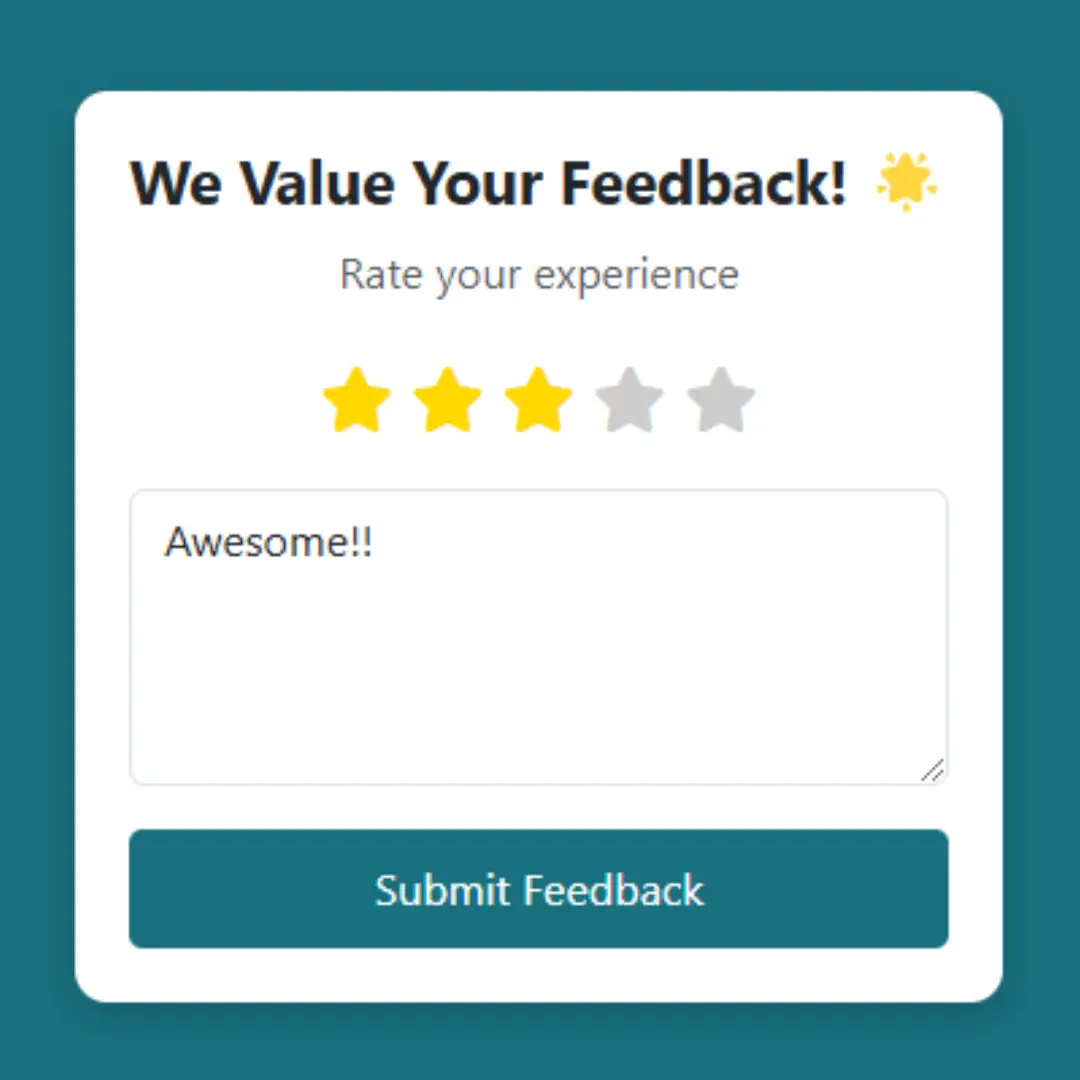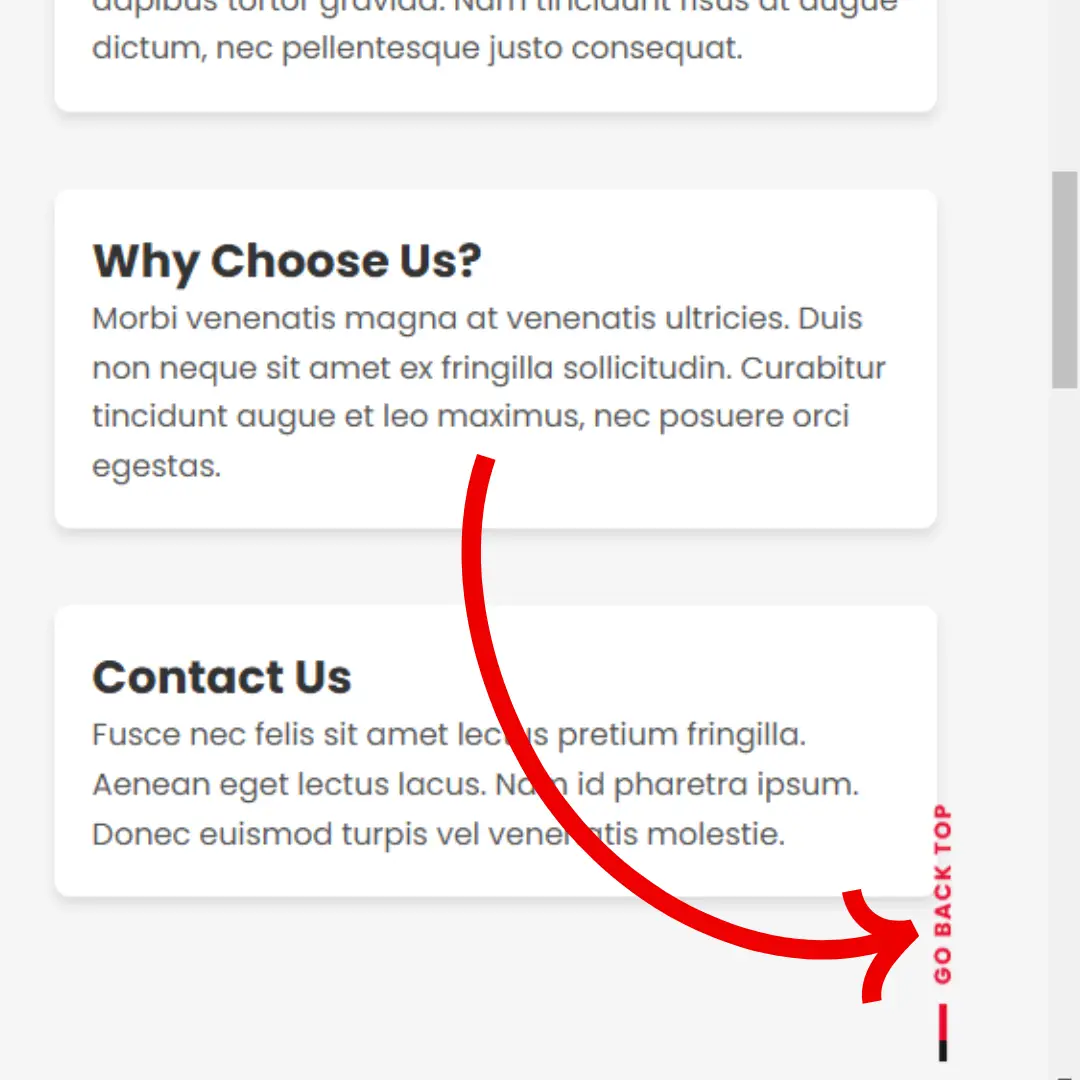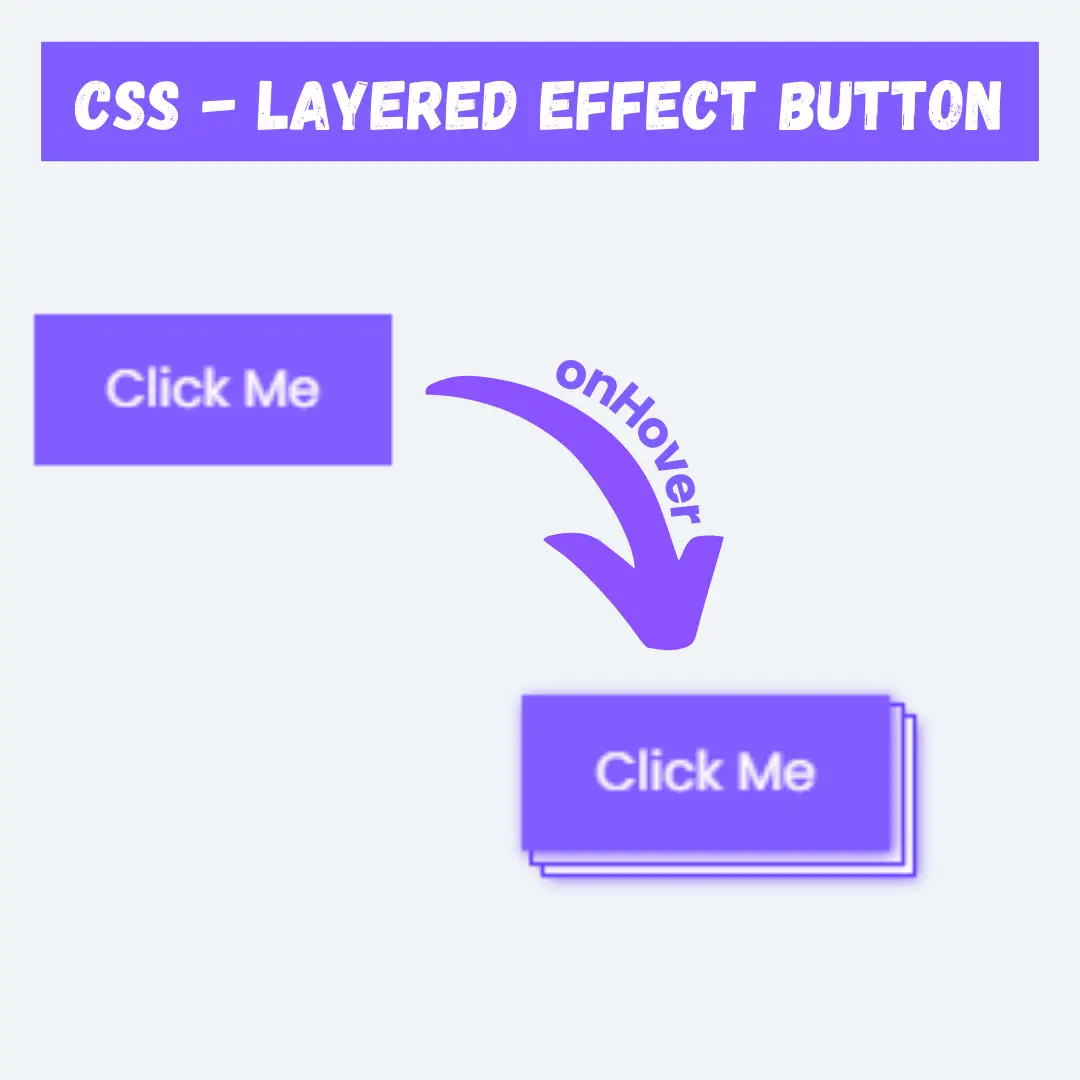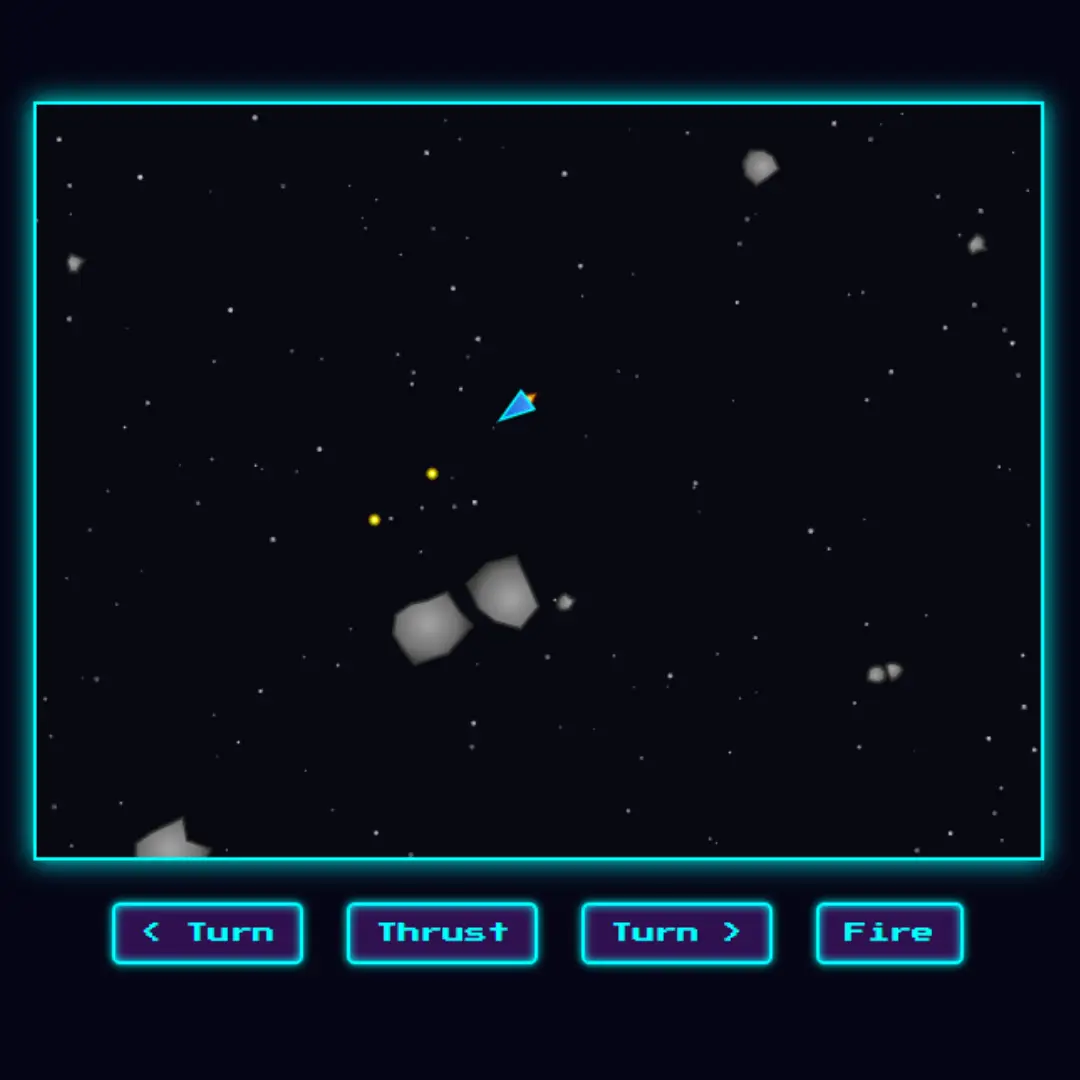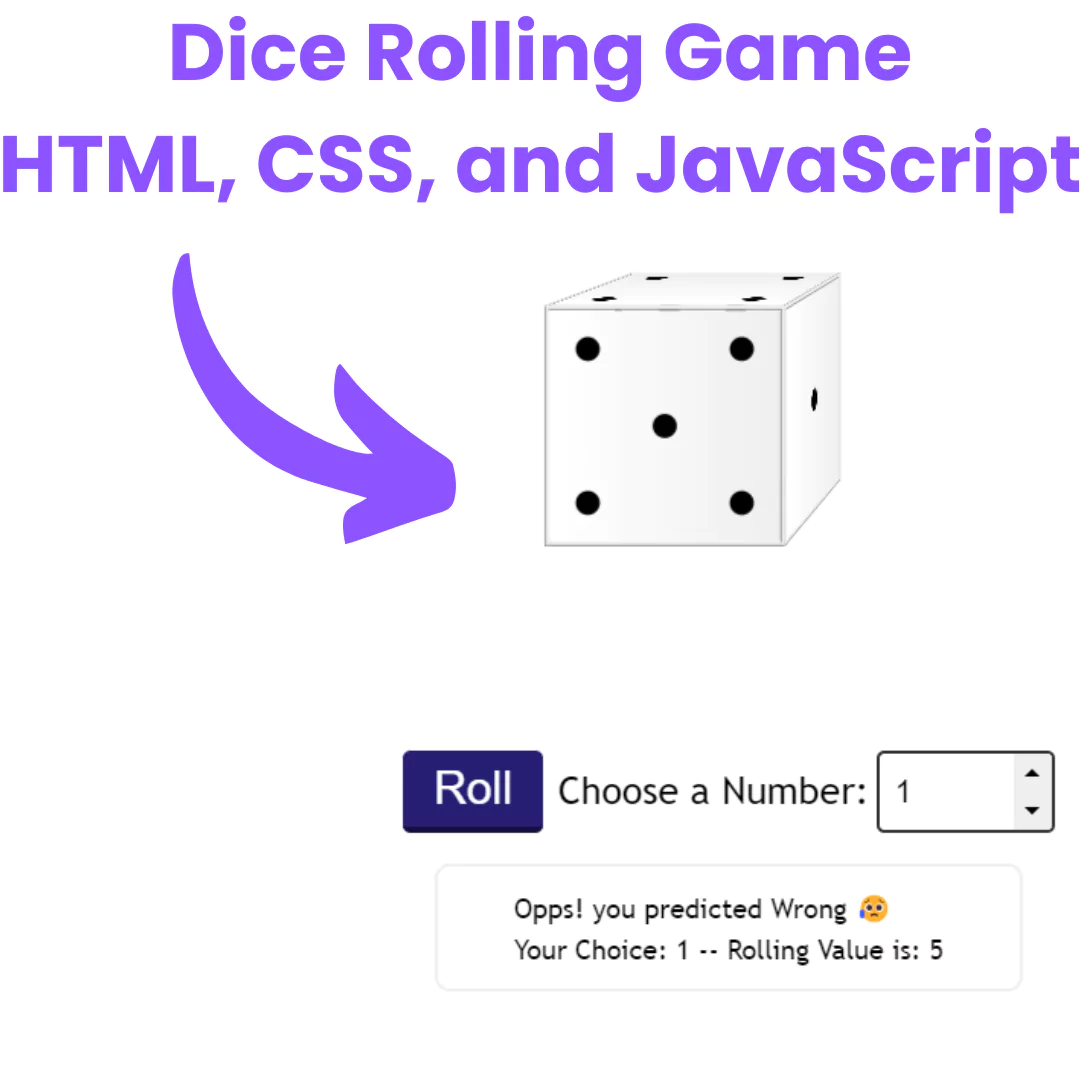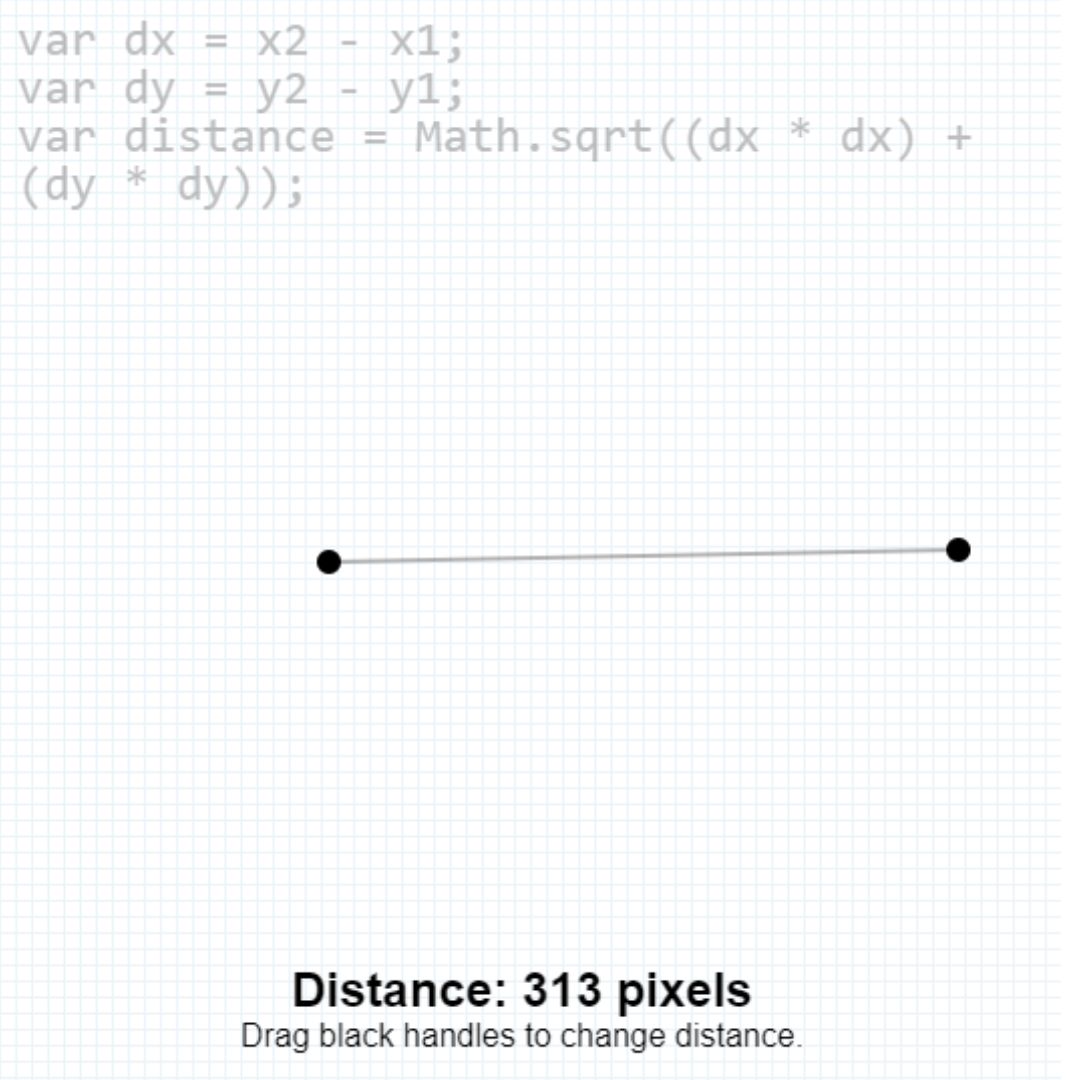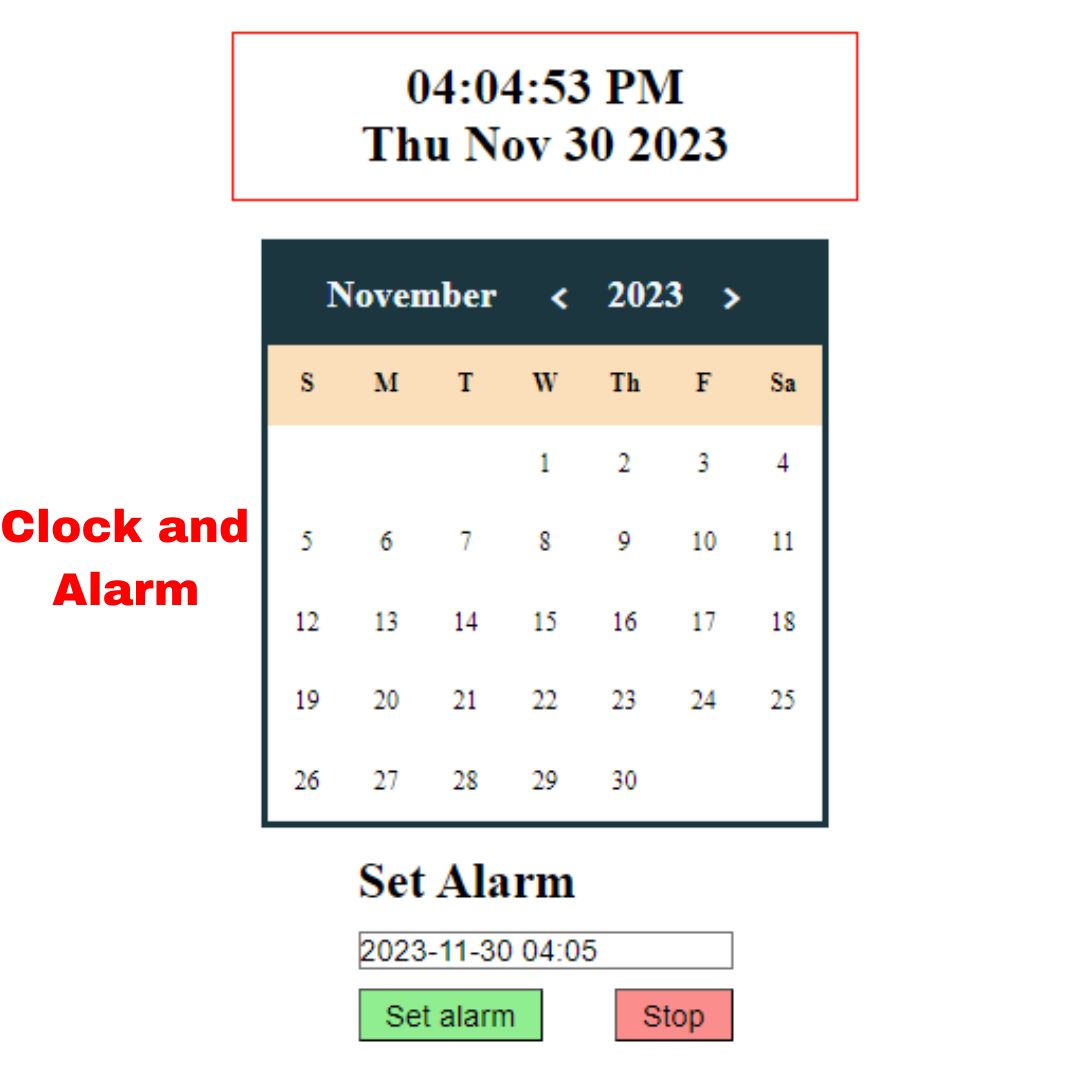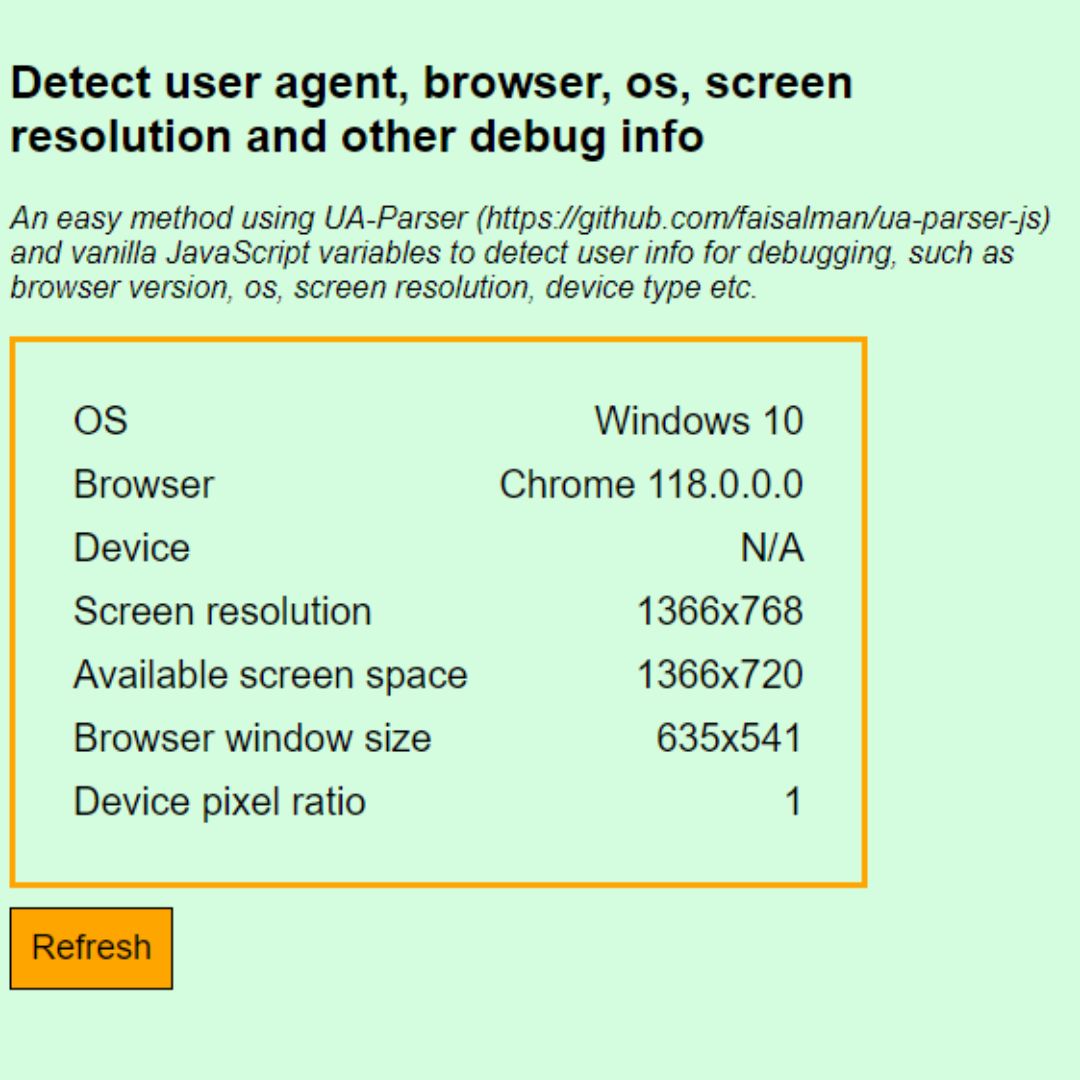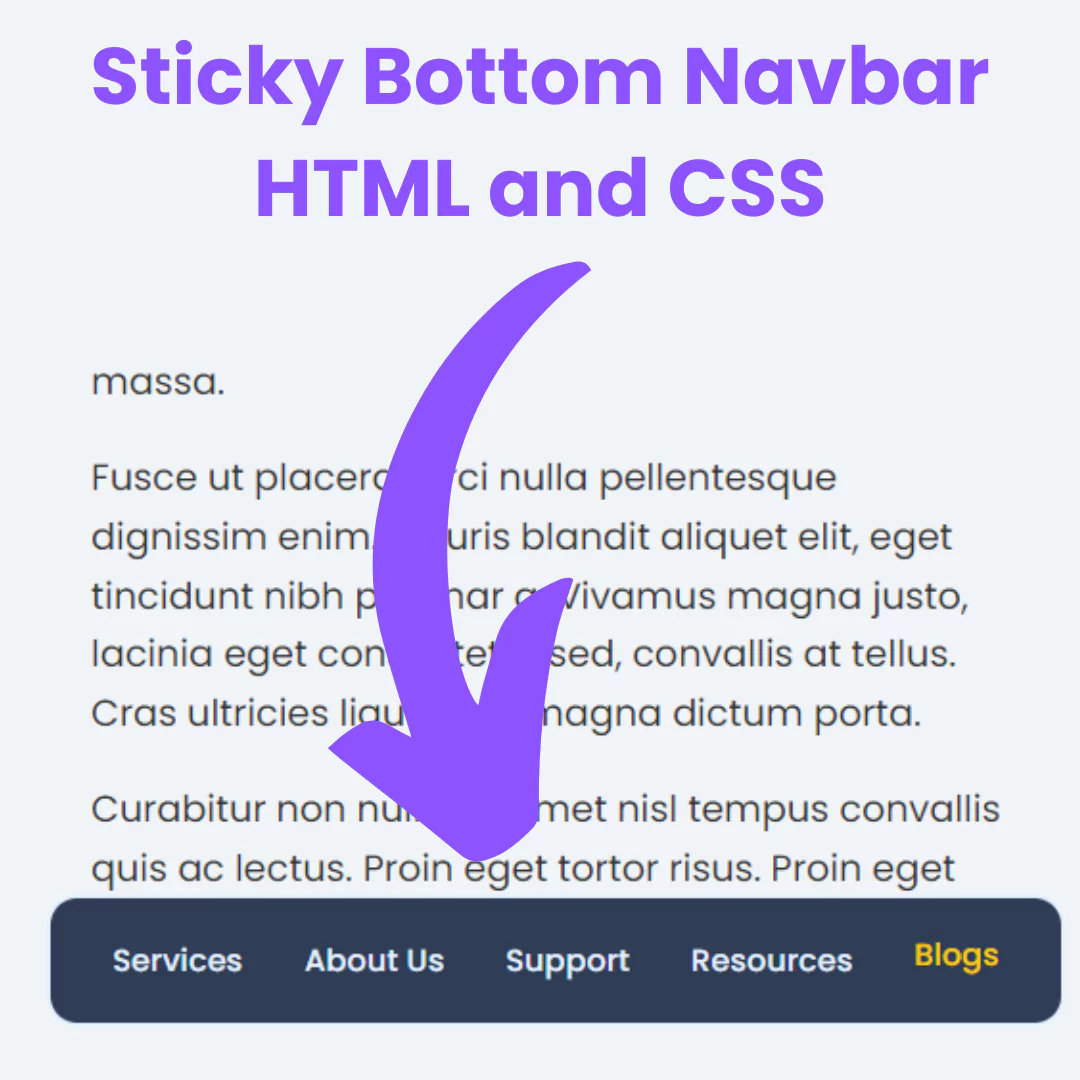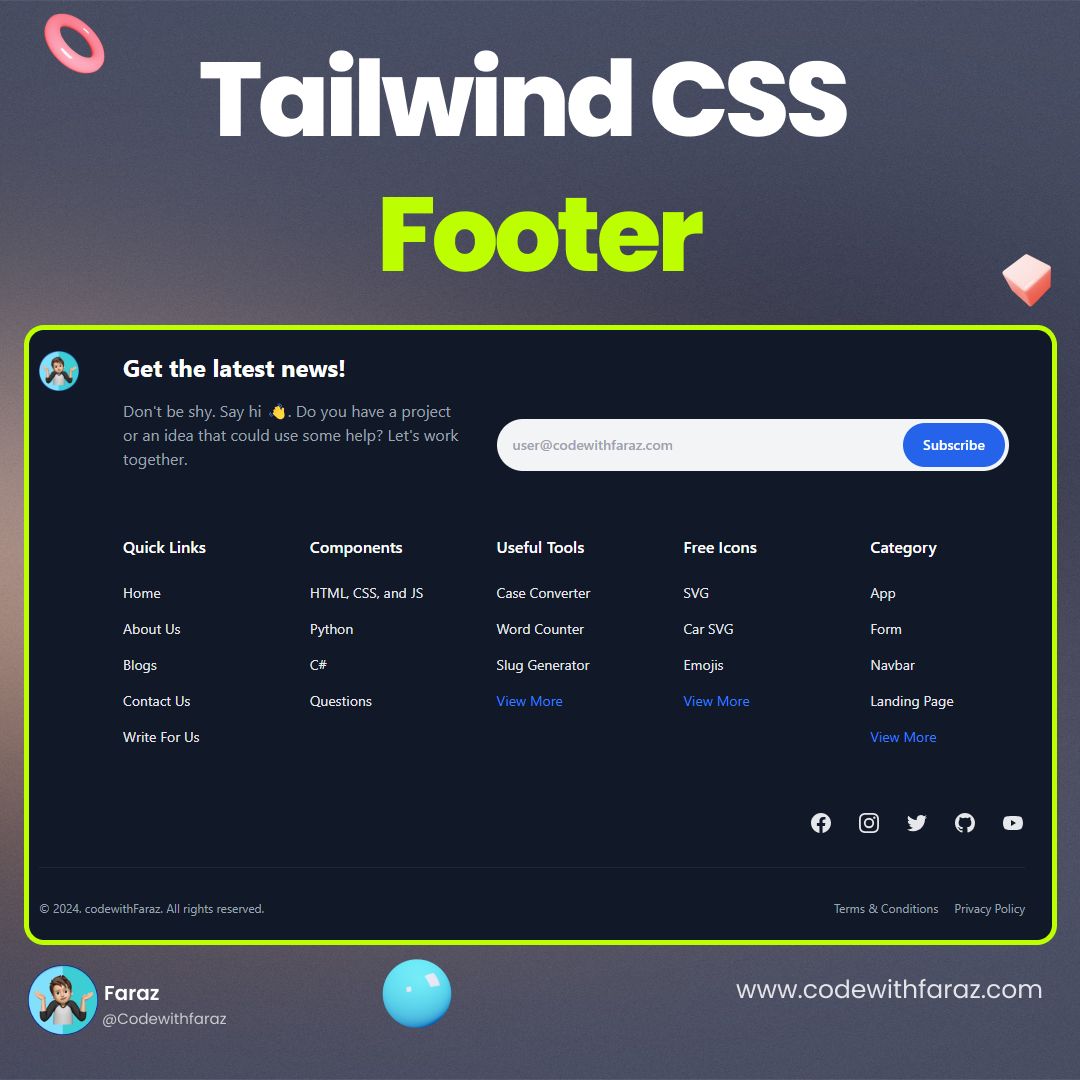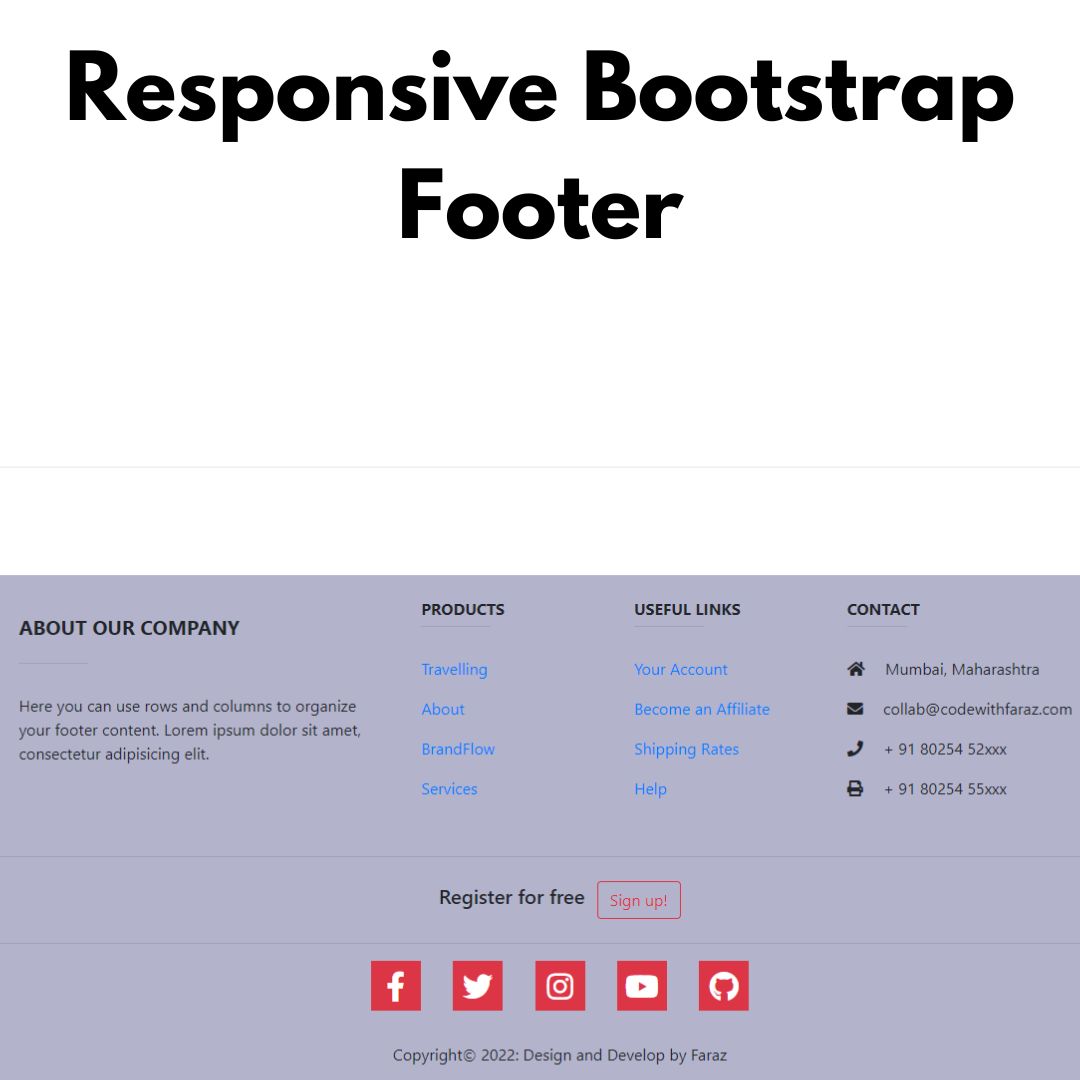How to Create a Jupyter Cell Using ipywidgets Button?
Learn how to create interactive Jupyter cells with ipywidgets for user-friendly Python data analysis and visualization in your Jupyter Notebook.
Introduction
Jupyter Notebook, a popular tool among data scientists and Python enthusiasts, allows you to create interactive and user-friendly data analysis interfaces. In this guide, we'll show you how to harness the power of ipywidgets to design interactive Jupyter cells that feature buttons for enhanced user interaction.
Setting Up Jupyter Environment
Before we dive into creating interactive Jupyter cells, make sure you have Jupyter Notebook and ipywidgets installed. You can easily install these by running the following commands in your terminal:
pip install jupyter pip install ipywidgets
Now that your environment is set up, let's create an interactive Jupyter cell with an ipywidgets button.
Creating a Jupyter Cell with ipywidgets Button
1. Importing Necessary Libraries
Begin by importing the required libraries. We need ipywidgets to create widgets and display them in Jupyter Notebook. Import them like this:
import ipywidgets as widgets from IPython.display import display
2. Designing the Button
Next, design the button by creating an instance of the Button widget. You can customize the button label and appearance to suit your needs:
button = widgets.Button(description="Click me!")
3. Adding Functionality to the Button
To make the button interactive, define a function that will be executed when the button is clicked. For example:
def on_button_click(b):
print("Button clicked!")
button.on_click(on_button_click)
4. Displaying the Interactive Jupyter Cell
Now, display the interactive Jupyter cell with the button you've created. Simply run the following code:
display(button)
With these steps, you've successfully created a Jupyter cell with an ipywidgets button, making your data analysis and visualization more interactive.
Use Cases for Interactive Jupyter Cells
Interactive Jupyter cells can be incredibly useful in various domains. You can create dynamic visualizations, control data analysis processes, or even design user-friendly interfaces for non-technical users. This feature is a game-changer for data scientists, analysts, and educators.
Conclusion
In this tutorial, we've explored the process of creating Jupyter cells with ipywidgets buttons, providing a more interactive and engaging data analysis experience. Whether you're a data scientist, programmer, or educator, integrating interactive widgets into your Jupyter Notebook can significantly enhance your workflow and user interaction. Start designing your own interactive Jupyter cells today!
I hope you found the above information helpful. Please let me know in the comment box if you have an alternate answer 🔥 and you can support me by buying me a coffee.
And don’t forget to sign up to our email newsletter so you can get useful content like this sent right to your inbox!
Thanks!
Faraz 😊


